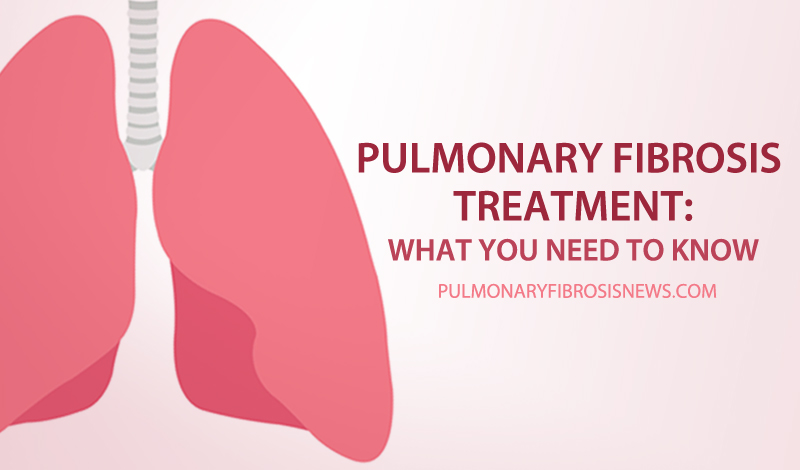Pulmonary Fibrosis Treatment: What You Need to Know?
Written by |

Pulmonary fibrosis (PF) is a respiratory condition that causes the formation of scar tissue in the lungs. It is a progressive disease and can take years to advance. Due to the thickening lung tissue, the lungs face difficulties in properly transporting oxygen to the bloodstream and organs, causing symptoms such as shortness of breath or a dry and hacking cough.
There is currently no cure for pulmonary fibrosis and patients often face a prognosis of three to five years after diagnosis. However, medication and other treatment options can help improve patients’ quality of life.
Medication for the Treatment of Patients with PF
- Nintedanib (Ofev)
- Pirfenidone (Esbriet, Pirfenex, Pirespa)
- Cotrimoxazole (Trisulfa-FPI)
Investigational Drugs Being Developed for PF Patients
- AEOL 10150
- FG-3019
- GLPG1690
- IBIO-CFB03
- Lebrikizumab
- PBI-4050
- PRM-151
- PTL-202
- RES-529
- Simtuzumab (GS-6624)
- TD139
- Tipelukast (MN-001)
- Tralokinumab
Treatment Options to Address PF Respiratory Problems
- Oxygen Therapy
- Pulmonary Rehabilitation
- Lung Transplant
Complementary Treatment Options for PF Patients
- Flu and pneumonia vaccines
- Cough medicines or oral codeine
- Vitamin D, calcium, and a bone-building medicine
- Anti-reflux therapy





